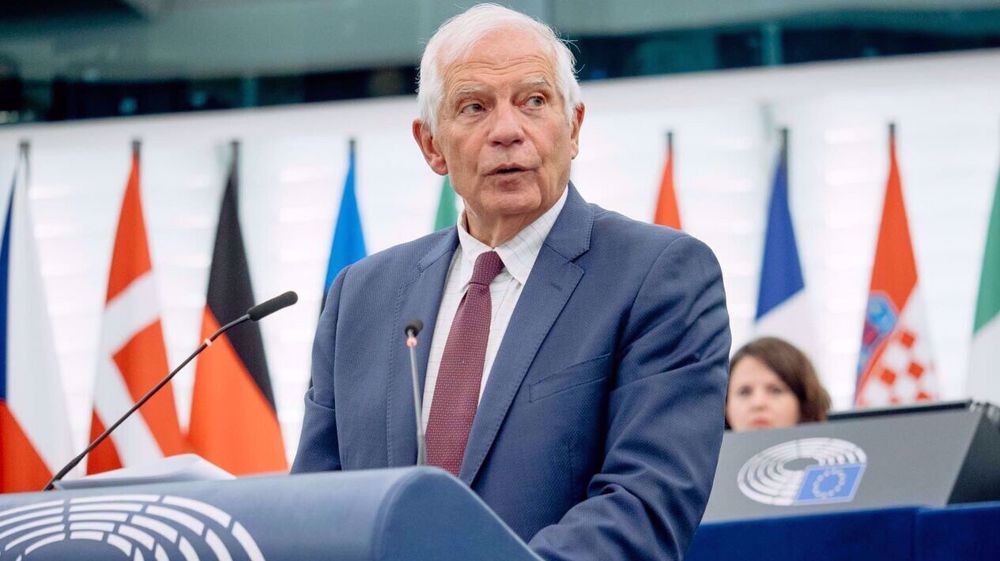More ex-EU officials joining lobby groups: Report
Transparency International has shed light on the increasing cases of the so-called 'revolving door' phenomenon in the European Union, saying former EU lawmakers and commissioners have joined lobbying groups over the past years.
The report, published on Tuesday, urged Brussels to do more to prevent politicians from moving to major international companies.
The so-called revolving door phenomenon occurs when elite officials from within the EU move to lucrative businesses and deploy their inside knowledge and expertise.
The report said the phenomenon could raise the risk of favors and the exchange of insider knowledge about how to circumvent EU regulations.
"We need rules that prevent conflicts of interest or the capture of the institutions by lobbyists," Daniel Freund of Transparency International EU said in a statement, adding, "Risks of conflicts of interest cannot be ruled out."
Transparency said an analysis, which was carried out on the movement of 27 commissioners of the European Commission and 485 members of the European Parliament after they left their jobs in 2014, showed that 50 percent of the ex-commissioners and 30 percent of the former members of the European Parliament were now working for organizations on the EU's lobby register.
The group said many of those ex-officials have joined giant firms in the United States, saying that in one single case 57 percent of the accredited lobbyists for American hi-tech giant, Google, had previously worked for EU institutions.
It said companies such as Arcelor-Mittal, Uber, Bank of America and Volkswagen have hired former EU commissioners, especially those working during the second term of former European Commission president, Jose Manuel Barroso, from 2009 to 2014.
Barroso, a former Portuguese prime minister, himself joined the board of the US investment bank, Goldman Sachs, extending the case of former politicians moving into private sector jobs well beyond the high-profile incidence.

Transparency said the EU was in need of tighter restrictions on the "revolving door." Canada, Norway and France, the group said, have introduced better mechanisms to tackle the issue.
In a bid to prevent cases such as the one involving Barroso, the EU Commission proposed last year to extend the “cooling-off” period during which former commissioners must inform Brussels if they take a new job.
The period is currently 18 months and authorities have proposed it could be extended to three years for the chief commissioner and to two years for normal staffers. The period is about five years in countries such as Canada.
Iran’s security chief in Russia to underline Israel’s aggression
VIDEO | Smoke rises from Gaza as fighting continues
ICRC decries escalating Israeli raids across occupied West Bank
Israel still prevents food convoys from reaching north of Gaza: UNRWA
NYPD arrests multitude of pro-Palestine students at NYU campus
Iran’s decisive response to Israel disrupted enemy’s equations: Hamas
Iran releases details of confiscated Israeli transit cargo
VIDEO | Press TV's news headlines










 This makes it easy to access the Press TV website
This makes it easy to access the Press TV website